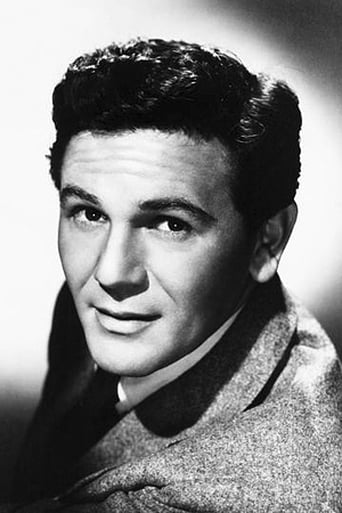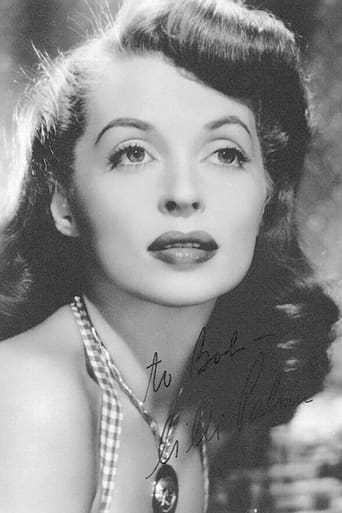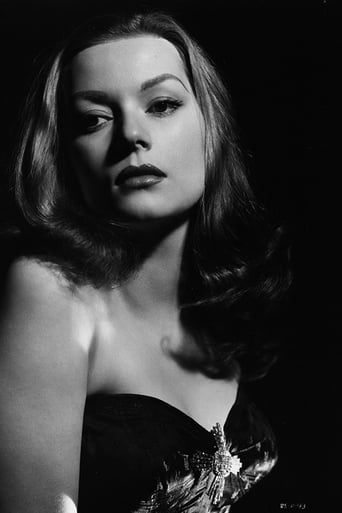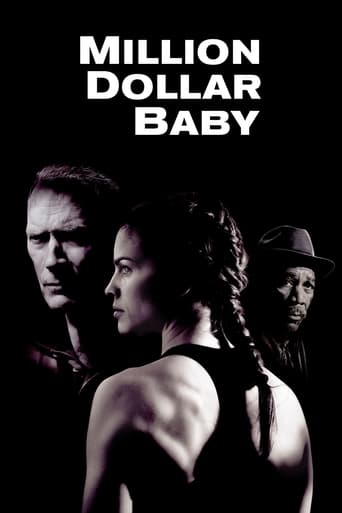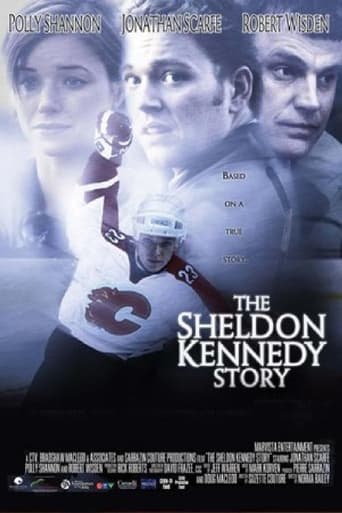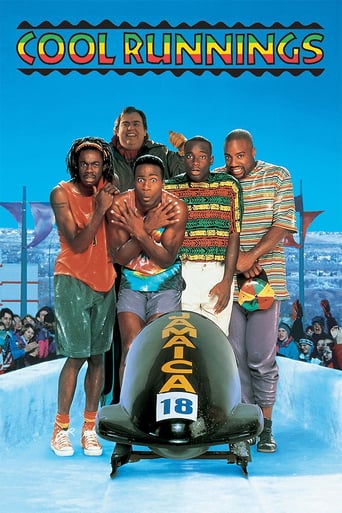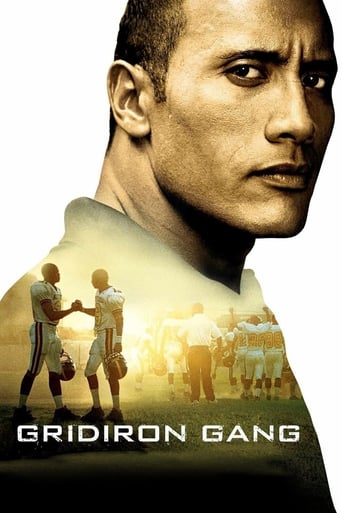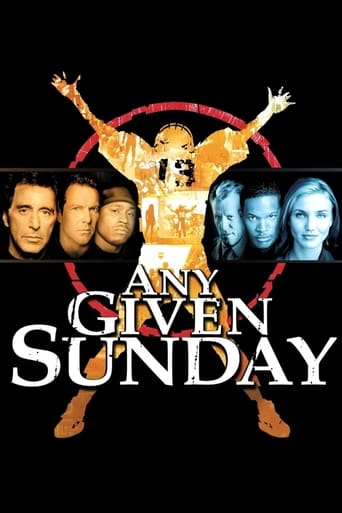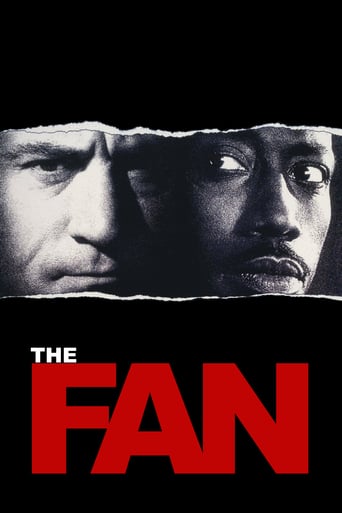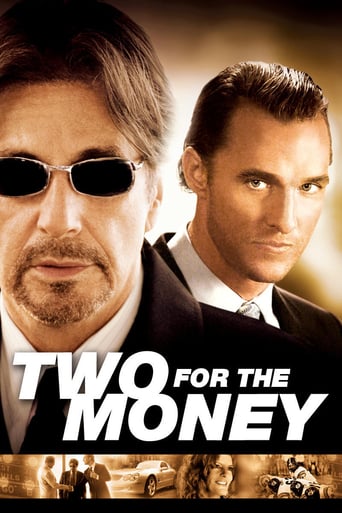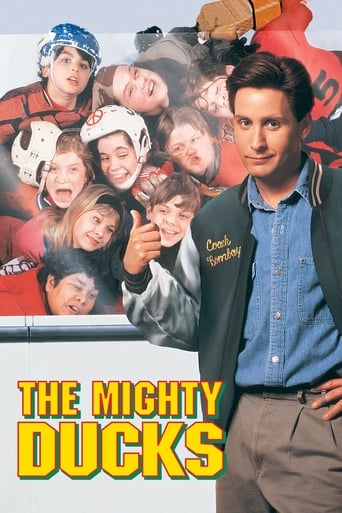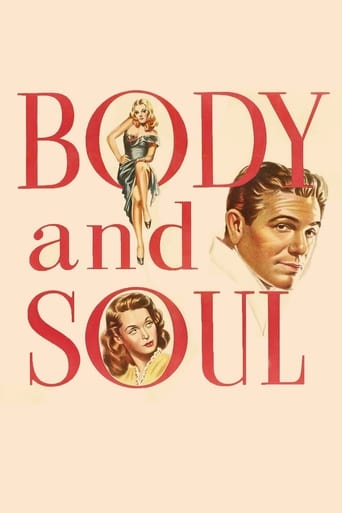
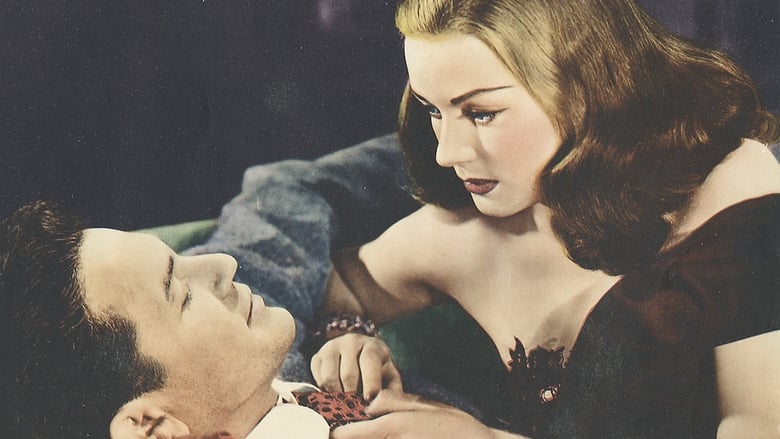
Body and Soul (1947)
Charley Davis, against the wishes of his mother, becomes a boxer. As he becomes more successful the fighter becomes surrounded by shady characters, including an unethical promoter named Roberts, who tempt the man with a number of vices. Charley finds himself faced with increasingly difficult choices.
Watch Trailer
Cast


Similar titles
Reviews
People are voting emotionally.
I don't have all the words right now but this film is a work of art.
I cannot think of one single thing that I would change about this film. The acting is incomparable, the directing deft, and the writing poignantly brilliant.
The film makes a home in your brain and the only cure is to see it again.
"Body And Soul" is widely recognised as the first boxing movie to focus sharply on the corrupt nature of the fight game and the unethical practices of the people who run it. The ways in which a fighter gets exploited by gangsters and gambling interests are depicted very convincingly and the negative effects that sudden success can have on a young boxer are also portrayed in a style which is both powerful and authentic.The events that take place during the fighter's rise from obscurity to world championship level involve a great deal of intrigue, intensity and drama and no doubt, this is exactly what inspired so many other filmmakers to produce similar types of movies which frequently featured many of the same situations that are seen in "Body And Soul".Charley Davis (John Garfield) is a fighter from New York's lower East Side who's determined to escape the impoverished circumstances that he and his mother find themselves in after his father is accidentally killed when the speakeasy next to his candy store is bombed. Ignoring his mother's wishes, Charley decides to pursue a career in boxing.Charley's best friend Shorty Polaski (Joseph Pevney)had become his manager after convincing local trainer Quinn (William Conrad) to take Charley on and soon after, Quinn arranges a series of fights in which Charley is so successful that he attracts the attention of a gangster called Roberts (Lloyd Gough) who's the most powerful figure in the boxing business in New York. Roberts promises Charley a title fight but the cost is high as Roberts demands a 50% cut of Charley's earnings and the effective sidelining of Shorty.Roberts arranges a fixed fight for Charley against the ageing middleweight champion Ben Chaplin (Canada Lee) who has a blood clot on his brain. Charley is told nothing about his opponent's condition and after a punishing contest during which Ben takes a large number of blows to the head, his manager understandably feels double crossed by Roberts.Shorty is appalled when he discovers the circumstances surrounding the fight and after telling Charley what he knows, resigns. Tragically, he then gets beaten up by one of Roberts' henchmen and still groggy after his beating, staggers into the street where he gets run down and killed by a car.Peg (Lilli Palmer) had been Charley's loyal girlfriend since his earliest involvement in the fight game but after seeing what had happened to Shorty and becoming concerned about Roberts' activities, decided that she could no longer continue their relationship unless Charley decided to give up boxing. Predictably, Charley refused and then broke off their engagement.As Charley's success in the ring continues, he gambles heavily, becomes increasingly indebted to Roberts and starts seeing an acquisitive nightclub singer called Alice (Hazel Brooks). After an extended period as the champ, Charley is scheduled to fight a young contender in a fixed match which he's instructed to lose and to use his payment of $60,000 to bet against himself. How he deals with this situation proves to have significant consequences, not only for him, but also for Ben (who becomes his trainer) and Peg who starts to see a future for them together if Charley does finally give up boxing.The boxing sequences in "Body And Soul" were expertly filmed with hand held cameras being used to augment the work of the main camera crew and Francis D Lyon and Robert Parrish's contributions were recognised when they won the Oscar for "Best Film Editing". John Garfield's performance won him an Oscar nomination for "Best Actor" and Abraham Polonsky also received an Oscar nomination for his marvellous screenplay.John Garfield gives a top class performance as the naive fighter who's seduced by the promise of wealth into a corrupt business where, in order to hit the big time, he has to make a Faustian deal which costs him his lifelong friendship with Shorty and damages his relationships with Peg and his mother. Lilli Palmer is excellent as the warm hearted Peg who's more intelligent than Charley and also has higher ethical standards. The supporting performances are also very good with Canada Lee making a particularly strong impression.
This boxing picture deals with the seedier side of the business; (is there any other?). It helps that it was written by Abraham Polonsky whose script is suitably cynical and hard-boiled. John Garfield is the pugnacious fighter easily swayed by the prospects of easy money and not adverse to taking a dive. It's a fine, hard-nosed performance. Garfield was always at his best in roles that required him to battle with his conscience.The whole movie is well cast. The under-rated Lilli Palmer is fine as the 'nice' girl who loves him as is Hazel Brooks as the 'bad' girl who seduces him while the villains are ably taken care of by Lloyd Gough and William Conrad. Best of all there is Anne Revere as Garfield's mother. (Did Revere play everybody's mother movies?). It's another of her no-nonsense roles. Revere was one tough cookie who kept her heart of gold well-hidden. The climatic fight scene is very well staged and Robert Parrish and Frances Lyon's editing won the Oscar while James Wong Howe's cinematography adds considerably to the realism.
The great lightweight champion of the 1920's Benny Leonard (true name: Benjamin Leiner) was the model for Charley Davis. Leonard's closeness to his mother was played up in the sporting press of the time. She wanted her son to play the violin, not box. Leonard reminded her in telegrams after each victory that he was "bringing home the bacon"--earning far more with his fists than he ever could as a fiddler. Sadly, Leonard lost all his money in the stock market crash and was forced to make an ill- advised comeback. When he retired as a boxer for keeps, he was given referee work. After officiating at six bouts on a hot New York night, Leonard suffered a heart attack and died in the ring.By today's standards this picture is oversentimental, lacking in subtlety and full of clichés. What hoists it is the gritty intensity of John Garfield. Due in large part to his early death, John Garfield's movies enjoy a cult following which time has not diminished. Garfield's pictures, even back in the 'thirties, often included black actors. This was unusual for the time, marking him out as politically liberal and perhaps helping make him a target for congressional red-baiters.
Iloved this movie at the time. it seemed to be about real life in the USA and there weren't many movies like it at that time. The leads;Garfield and Palmer were superb,the former a graduate of Yiddish theatre, the latter a refugee from Hitler's Europe. the melodramatic roots were there from which 'the method' later grew, with performers like Brando, Dean and Poitier portraying the wounded and suffering hero.(Did Mel see this movie?} it also anteceded 'Marty' the quintessential realist U.S.struggling migrant antihero movie Where are you Paddy Chayevsky now that we need you? Perhaps what was most striking were the heroes who spoke articulately using words of more than two syllables, reaching its acme in 'Streetcar named desire' where Brando's character refers to 'The Napoleonic code' when he rages about his sister-in-law's possessions. Was the subversive element the depiction of working class heroes who could reason? and whose language had a poetic,almost Shakespearian ring to it? No longer the inarticulate (Tarzanic brute) but someone who could debate issues in the corridors of power: a noble and sexually attractive savage?


